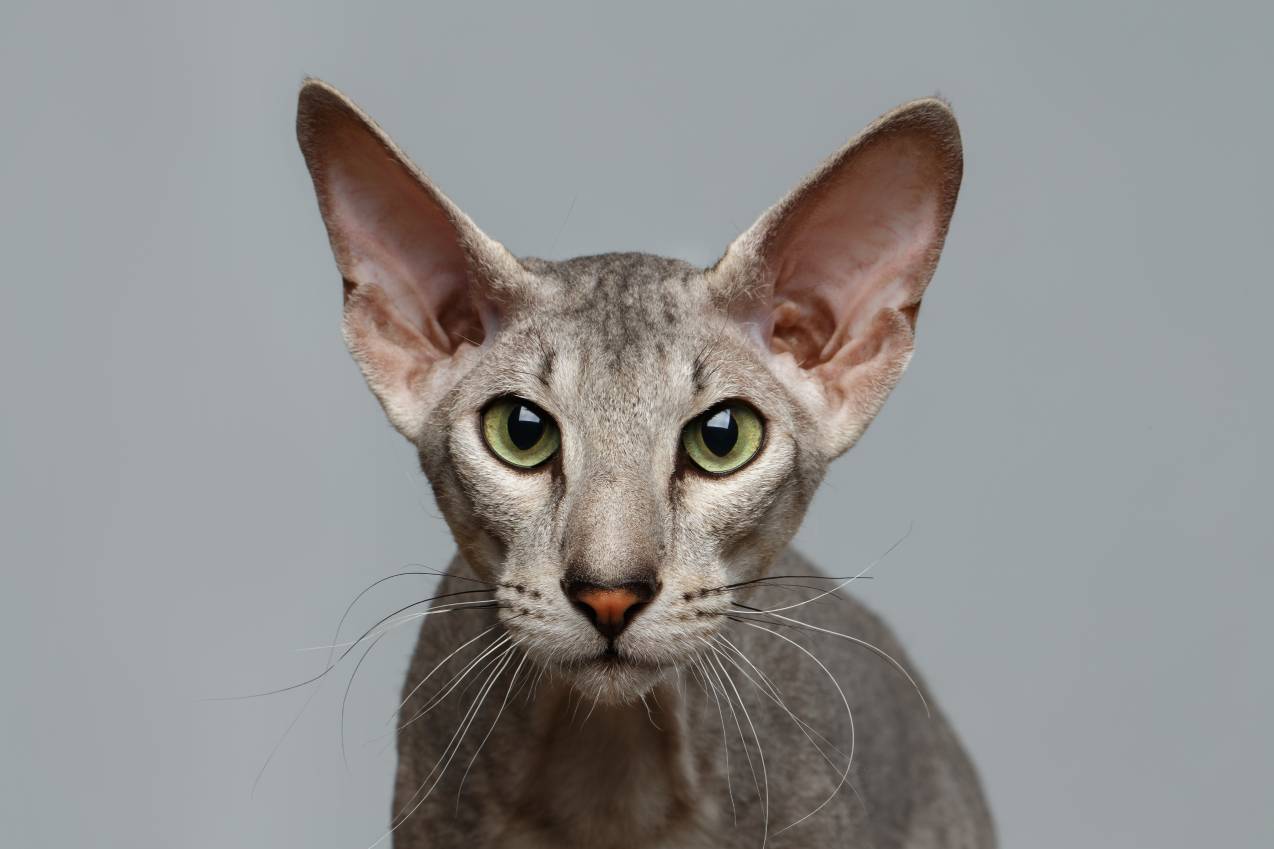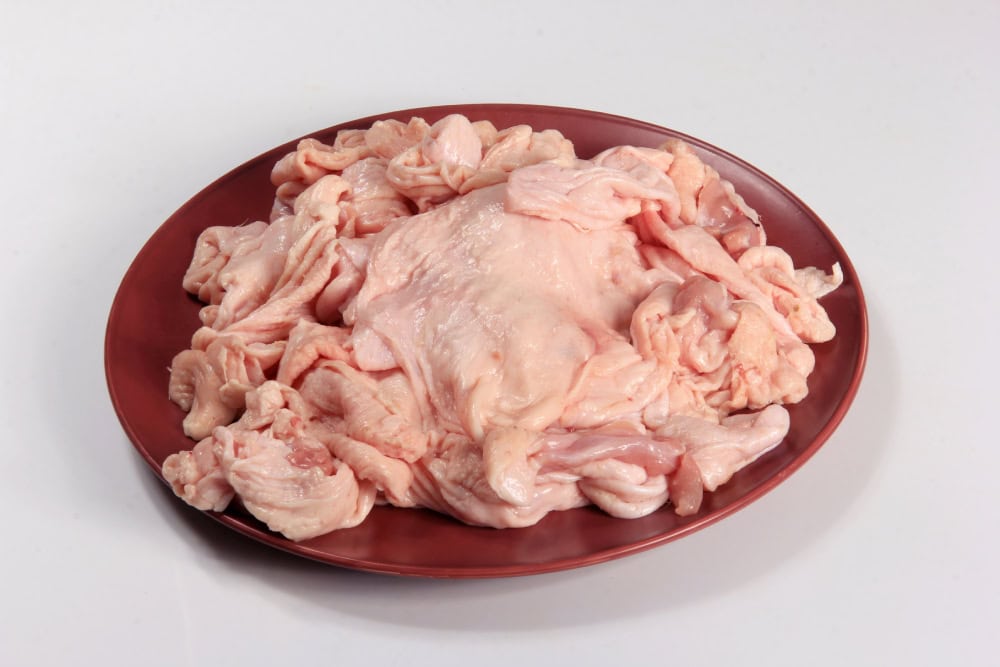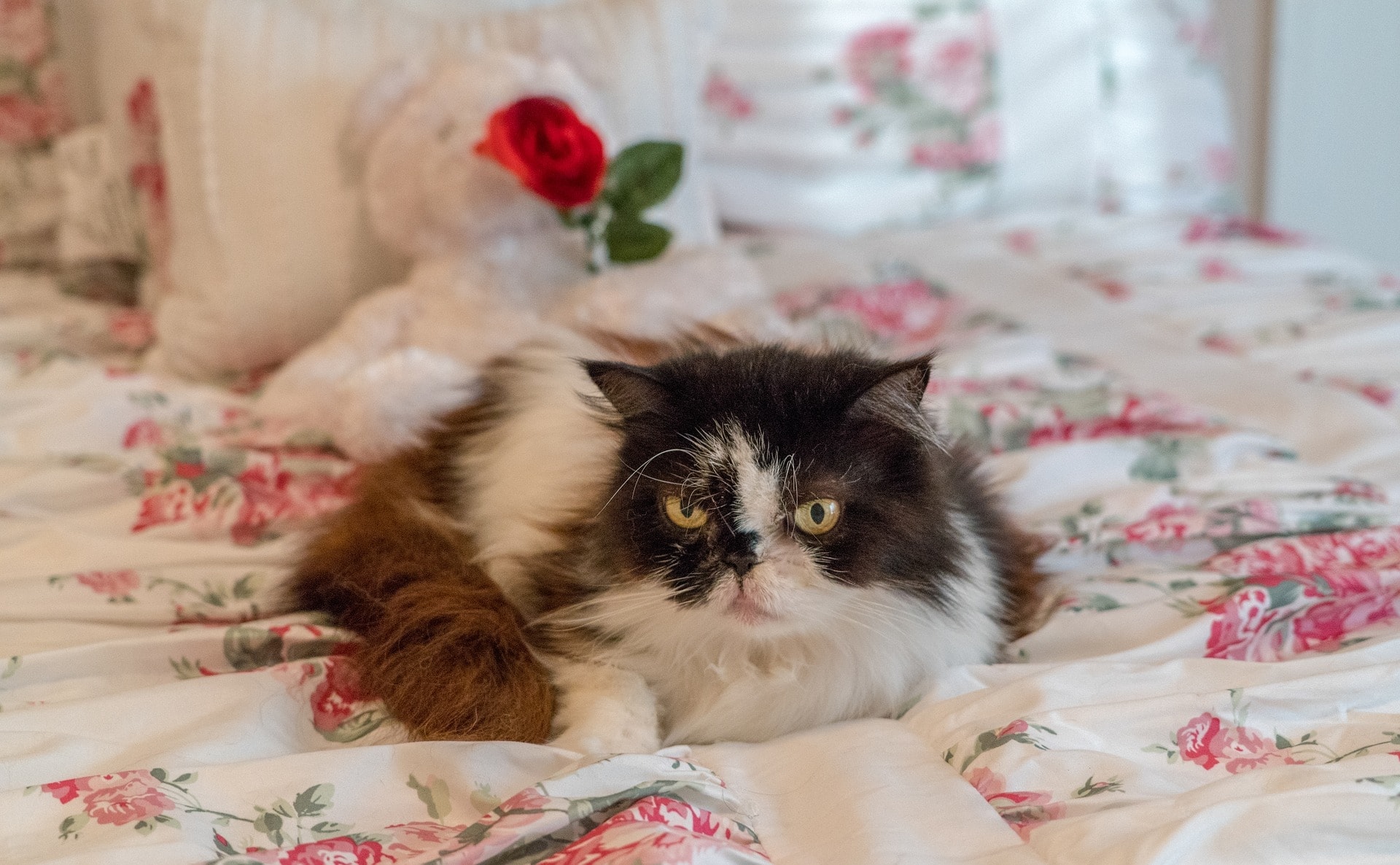Are String of Hearts Plants Toxic to Cats? Keeping Your Cats Safe
By Ashley Bates
Updated on
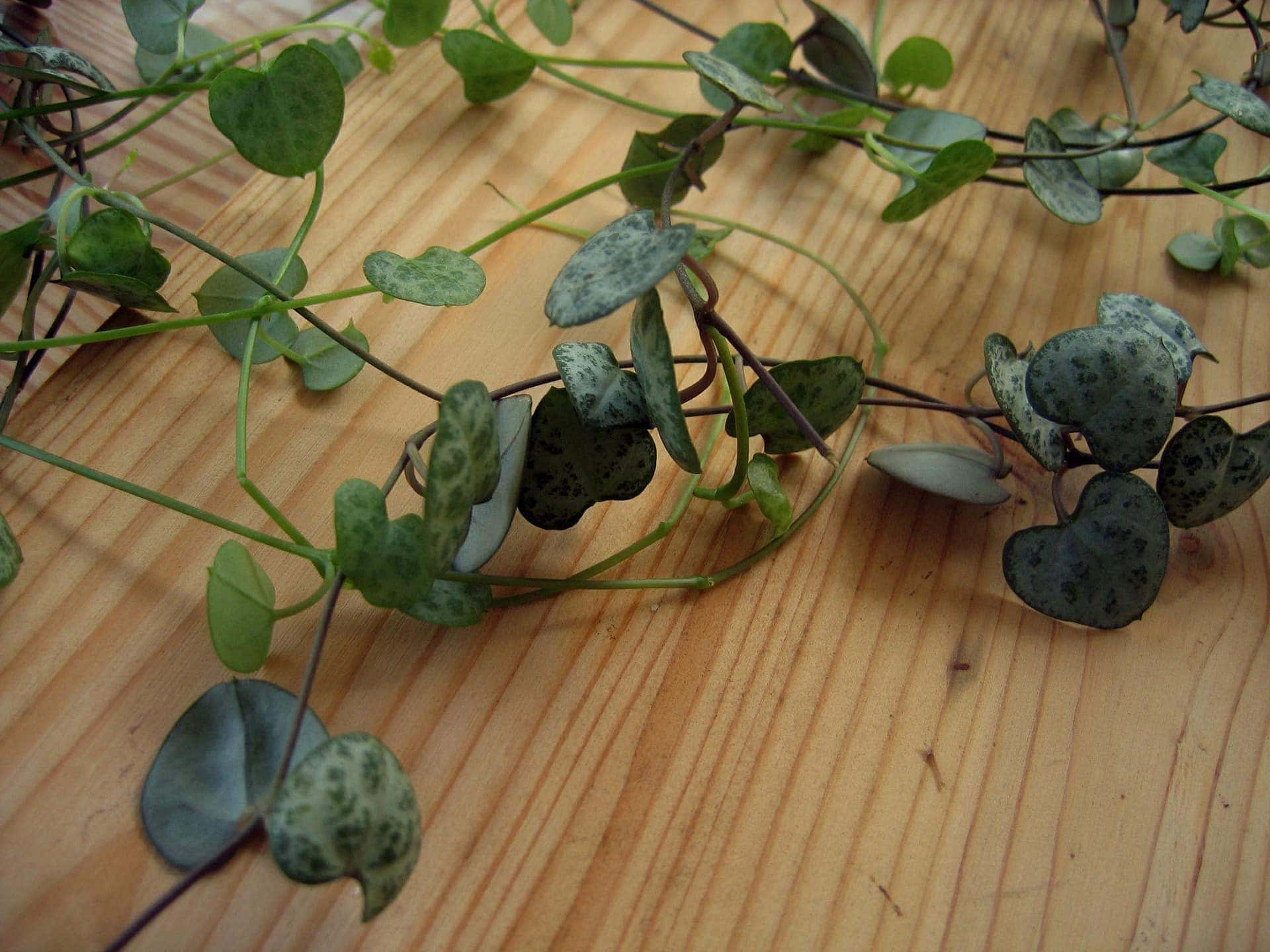
Click to Skip Ahead
If you’re a plant lover with a green thumb, you know the complications of keeping your lovely houseplants alive with your ferocious feline running about. Not only can your cat wreak havoc on the health of your plants, but plants can also cause some serious health risks (including death in severe cases) for your kitties.
If the lovely string of hearts plant caught your eye, you might want to know if you’re safe to bring it home. Luckily, string of hearts is perfectly safe for your pets. However, your cats might not show the same kindness to your plant. Let’s dig into the details.
What Are String of Hearts Plants?
The gorgeous string of hearts is a vining plant that looks wonderful on doorways or anywhere else up high. They have a soft, sage green color and a drooping growth effect, creating quite an aesthetic.
These popular houseplants are generally easy to care for, making them an excellent choice for novice and experienced owners alike. However, they do need lots of space to grow, so make sure not to crowd them.

String of Hearts Plant Care
String of hearts has a very basic care regimen—one that is totally cat-free.
1. Lighting
The string of heart plant requires bright but not direct sunlight. It loves open rooms with plenty of sunshine pouring in, just like your cats do. However, unlike cats, which can sunbathe for hours, your plant will enjoy only the occasional direct rays of sun.
2. Watering
String of hearts is a semi-succulent plant, which means watering only takes place sporadically. If you over-water this plant, it can lead to root rot pretty quickly, so make sure that you are correctly spacing out feeding sessions.
During the warmer months of the year, you should water once a week. During the wintertime, growth slows down quite a bit. It’s best to water the plant once every 2 weeks.
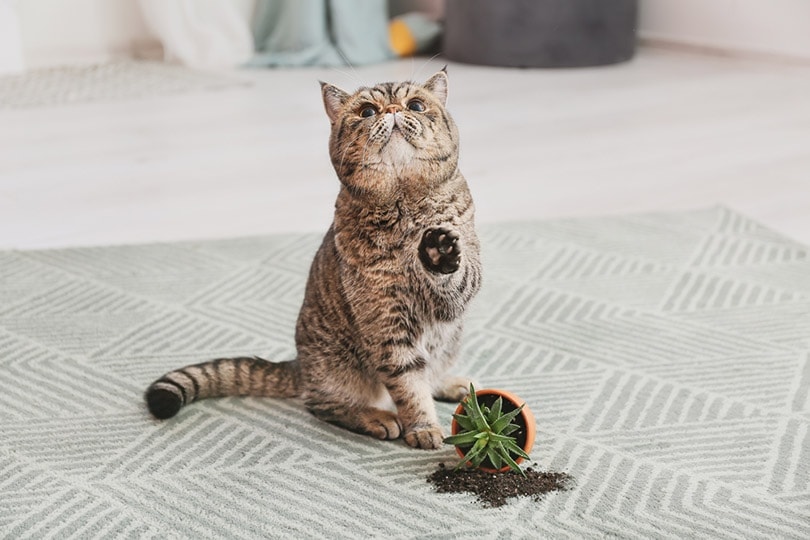
3. Growing Difficulty
String of hearts is generally reasonably easy to grow once you get the hang of what requirements it needs. If you are an inexperienced grower, you should read up on this plant before you commit. The biggest problem seems to be overwatering, so make sure the soil is completely dried out before watering to prevent root rot.
String of Hearts Is Non-toxic to Cats
String of hearts plants can thrive in any cat-loving home without putting your cats at risk. So, your cat eats this plant, and the worst that would happen is a belly ache and some diarrhea. If they just ate a leaf, you won’t see any adverse effects at all. It’s totally safe for humans and dogs too.
String of hearts might draw your cats in even more, as they have long, dangly vines that might entice play. So, while it isn’t any risk to your cat—it might not be the same for your plant.
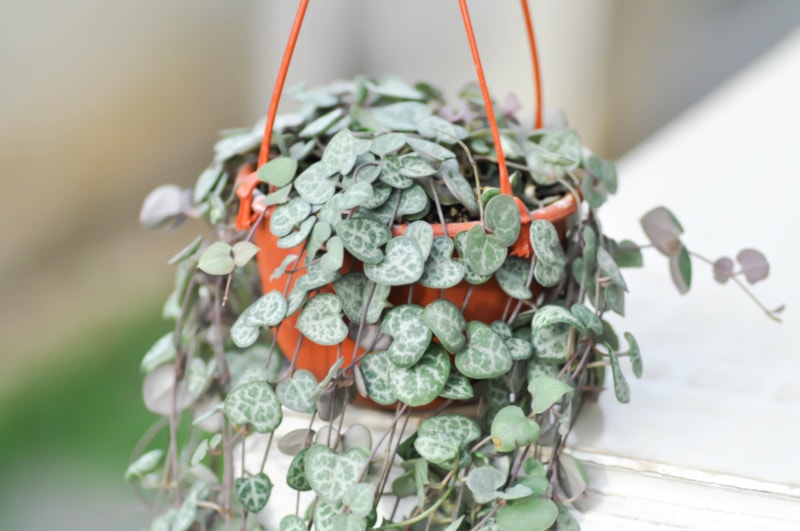
How to Keep Cats Away From Houseplants
Cats and plants don’t get along, so here are a few ways you can potentially remove the problem.
- Cat Grass: Cat grass is a recent trend in the cat market. If you’re looking for ways to keep your cats out of your house plants, a relatively new idea is giving them a houseplant of their own. Cat parents buy a seed starter kit to grow their very own lawn grass indoors. Most of these seeds involve oats and barley grass—both are totally safe for all kitties. Your cat can munch all day long to add a little extra fiber in their diet. This will help them and keep them away from your beloved string of hearts.
- Hanging Pots: If you want to go shopping online or make a DIY project yourself, you could get some hangers to suspend your plants from your ceiling. Your cat won’t get their paws on the dangling leaves. Pinterest is booming with basic to complex projects for a lazy evening at home. Macrame? There’s a DIY for that. Crochet? There’s one for that, too. Why not whip up something and solve your problem at the same time? If you’re not a crafty person, you can always buy handmade or commercial goods in-store or online.
- Breezeway Living: In the warmer months, you can help your plants escape by putting them safely on an enclosed porch, patio, or other controlled space where they get plenty of sunshine, according to the species.
- Room Restrictions: If your frisky feline simply can’t be trusted, put your string of hearts in a location your cat can’t access at all. As long as the room has adequate light, it’s sure to thrive. After all, it will do much better alone than with a violent miniature hellcat gnawing on its sensitive sprouts.
Conclusion
So, now you know that string of hearts is totally non-toxic to your furry friends. They can share a home with no consequence unless your cat likes to rip off the vines.
Hopefully, you’re a lucky cat person whose kitty is well-behaved and disinterested in sneak-attacking your greens. But if you’re anything like the rest of us, you might have to implement some measures to separate them completely.
Featured Image Credit: geralt, Pixabay



